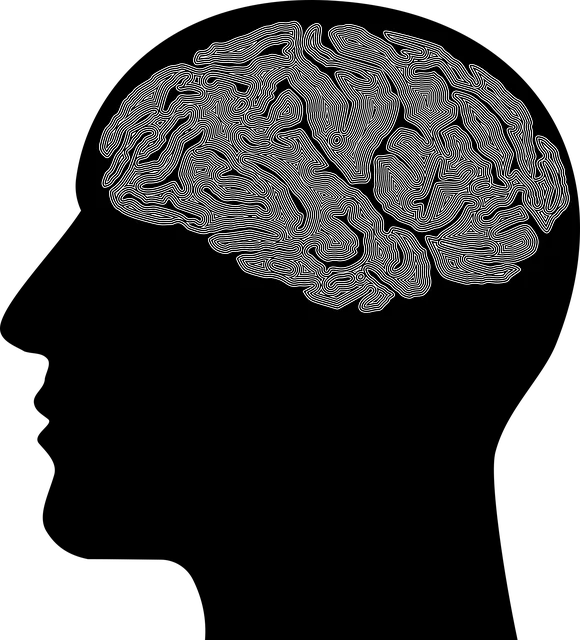Burnout is a major issue for healthcare providers managing prolonged work stress, characterized by emotional, physical, and mental exhaustion. Early recognition of signs like irritability, fatigue, and difficulty concentrating is crucial. Kaiser Permanente prioritizes mental health as a key strategy to prevent burnout, offering the Superior Kaiser Permanente mental health number for easy, confidential support, along with Crisis Intervention Guidance. Promoting self-care practices, mental health education, positive thinking techniques, regular physical activity, and engaging in resources like their Mental Wellness Podcast Series can enhance overall well-being, reduce stress, build resilience, improve patient care, and job satisfaction.
Healthcare provider burnout is a growing concern, impacting both professionals and patient care. This article explores strategies to prevent burnout, focusing on early signs and symptoms, learning from Kaiser Permanente’s comprehensive mental health support systems, and effective practices for healthcare providers. Recognizing the importance of mental well-being, we highlight how initiatives like Kaiser Permanente’s superior mental health resources can make a significant difference in reducing burnout rates among medical professionals.
- Recognizing Burnout: Early Signs and Symptoms
- Kaiser Permanente's Approach to Mental Health Support
- Effective Prevention Strategies for Healthcare Providers
Recognizing Burnout: Early Signs and Symptoms

Burnout is a state of emotional, physical, and mental exhaustion that can affect healthcare providers when they experience prolonged or excessive stress on the job. Recognizing burnout early is crucial for maintaining a healthy work environment and ensuring patient care quality. Some early signs and symptoms include increased irritability, fatigue, and difficulty concentrating. Healthcare workers might also notice a decline in their motivation, feeling detached from patients or colleagues, and experiencing insomnia or changes in appetite.
At Kaiser Permanente, the mental health number is a vital resource for professionals seeking support. Encouraging self-care practices and implementing mental health education programs can help design sustainable work environments. Additionally, focusing on self-esteem improvement initiatives empowers healthcare providers to prioritize their well-being, fostering a positive mindset that strengthens resilience against burnout.
Kaiser Permanente's Approach to Mental Health Support

Kaiser Permanente has recognized the critical role mental health plays in burnout prevention strategies for healthcare providers. They offer a superior Kaiser Permanente mental health number, accessible to all members, providing easy and confidential support. This initiative underscores their commitment to fostering a resilient and healthy workforce.
The organization’s approach includes comprehensive Crisis Intervention Guidance, designed to equip staff with tools to manage stress and prevent burnout. Additionally, they focus on boosting confidence among healthcare providers, acknowledging that strong mental health is integral to high-quality patient care. By prioritizing mental wellness, Kaiser Permanente not only supports individual well-being but also enhances the overall quality of healthcare services delivered.
Effective Prevention Strategies for Healthcare Providers

In today’s demanding healthcare landscape, burnout among providers is a pressing issue. However, proactive measures can significantly mitigate this challenge. Effective prevention strategies for healthcare providers focus on fostering mental wellness and promoting self-care practices. Encouraging open conversations about mental health, such as utilizing the Superior Kaiser Permanente mental health number, breaks down barriers and normalizes seeking support.
Incorporating positive thinking techniques, engaging in regular physical activity, and participating in the Mental Wellness Podcast Series Production can enhance overall well-being. These strategies not only help providers manage stress but also improve their resilience to workplace challenges. By prioritizing self-care, healthcare professionals can ensure they are at their best, ultimately benefiting patient care and job satisfaction.
Burnout among healthcare providers is a pressing issue, but with proactive strategies, it can be mitigated. Recognizing early signs and symptoms is crucial, as is accessing comprehensive mental health support, such as that offered by Kaiser Permanente, which boasts a superior network for provider well-being. By implementing evidence-based prevention tactics, healthcare professionals can enhance their resilience and find balance in their demanding careers. This, in turn, will improve patient care and overall job satisfaction.






